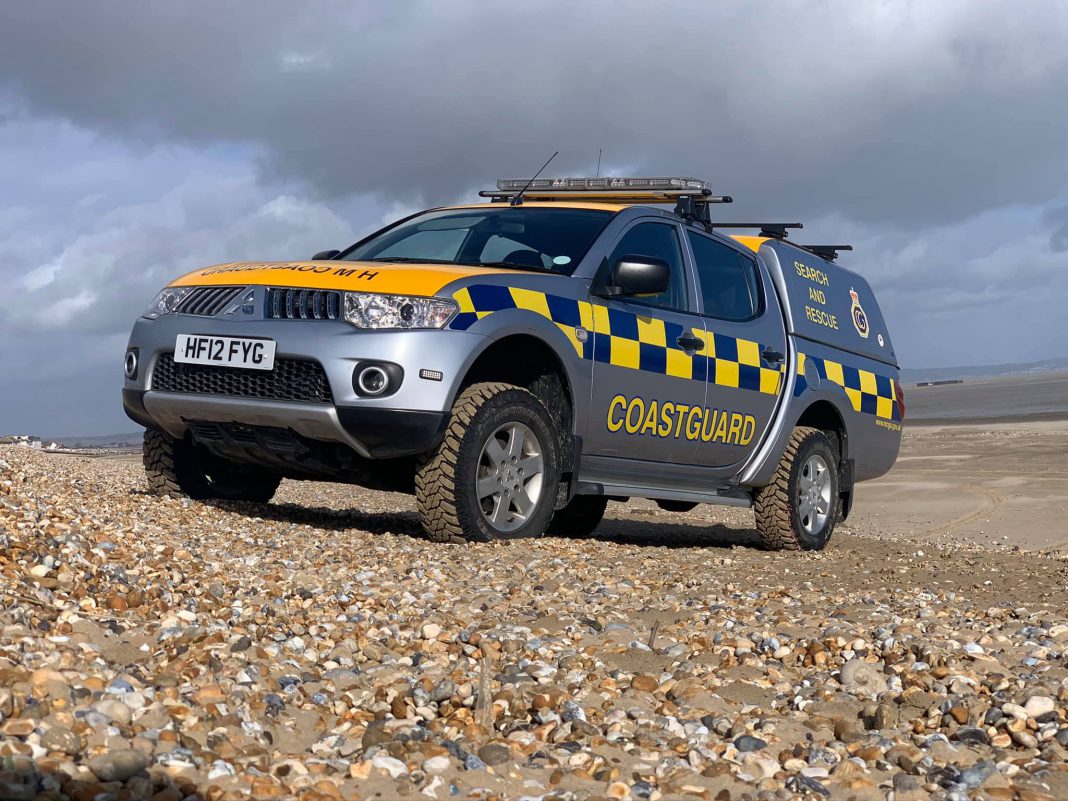We often meet members of the public who are not clear on the difference between the coastguard and the lifeboats, so let’s take a moment to explain.
It can save vital minutes if the right emergency service is called at the start, as it can be the difference between life and death.
Her Majesty’s Coastguard (HMCG) is responsible for the coordination of all civil maritime search and rescue through a network of coastguard operations centres. HM Coastguard is one of the four “Category 1 Responders” under the Civil Contingencies Act, along with the fire, police and ambulance services.
The HM (also referred to as UK) Coastguard has precedence on all rescue operations along the coast and beach whether it be on water, cliffs or mud.
If you dial 999 from anywhere and ask for “coastguard”, you will be put through to the operations centre. They will then task the appropriate assets to the incident. These will usually be some combination of the following:
Coastguard Rescue Team
Shore-based teams with the capability to carry out water rescue, mud rescue, cliff rescue, and comprehensive searches. Our local team is made up of volunteers who respond 24/7 365 days a year. From a range of backgrounds they all bring specialist skills to the team.
Lifeboat – RNLI or Independent
A lifeboat will be tasked by the coastguard if the incident involves a potential casualty in or on the water or if there is a need for eyes looking onto the shore from the water. Our local stations are RNLI Littlestone Lifeboat Station, Dover Lifeboat Station, Dungeness Lifeboat Station and Rye Harbour Lifeboat Station.
Coastguard Helicopter
Our nearest helicopter is based in Lydd
If needed, other assets such as fire, police, ambulance or air ambulance can be called on when required.
In a coastal emergency dial 999 and ask for the coastguard
To Search
To Rescue
To Save
Source: Dungeness Coastguard Facebook
Image Credits: Dungeness Coastguard / Facebook .



